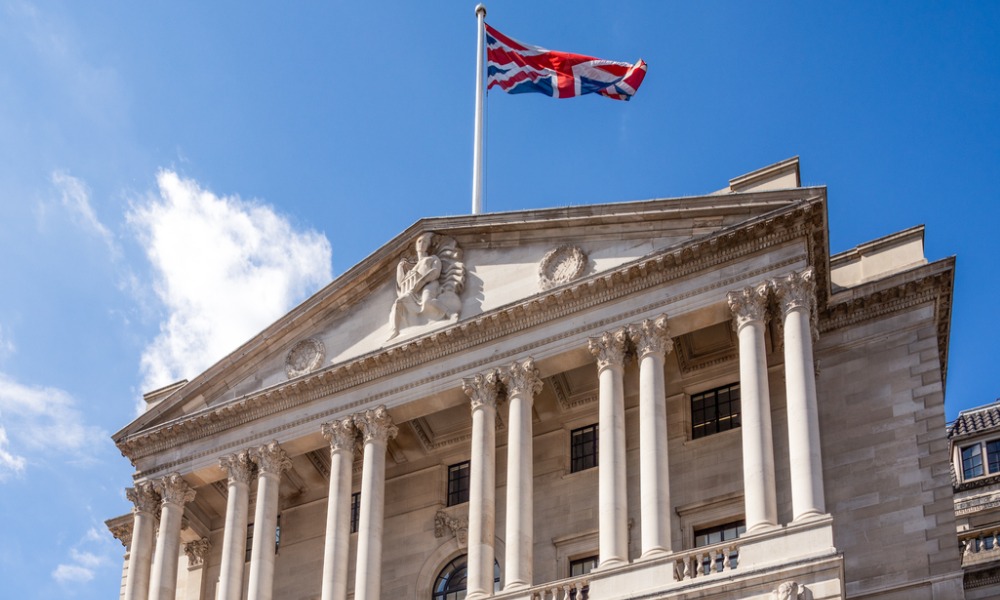This follows news wage growth is on a downward trend

Despite news of a drop in the rate of inflation, the Bank of England (BoE) said it will have to wait before being sure that wage growth, the key driver of inflation, is on a downward trend, a Reuters report said.
Last week, the BoE decided to keep interest rates at a 15-year high for a third meeting in a row, saying borrowing costs have to stay elevated to ensure risks from inflation are controlled.
Deputy governor of the BoE, Ben Broadbent, said it was too soon to cut interest rates as there had been a slowdown in the official measure of wage growth. “One would want to see further evidence, across several indicators, before concluding things are on a clear downward trend,” he said.
Broadbent voted with the majority of the Monetary Policy Committee (MPC) to hold the Bank Rate at 5.25%. Speaking at London Business School, Broadbent listed the disparities between various labour market measures, a problem that has been aggravated by a decision of the Office for National Statistics to suspend some of its data on employment and unemployment.
He said the MPC put most weight on the ONS’s average weekly earnings (AWE) data. He noted there were questions about whether the official measure was accurately capturing what was going on with pay.
“But, taking all this together, there is a question about whether rapid pick-up in wage growth in the spring and summer was quite as marked as in the official data,” said Broadbent.
“AWE growth has been particularly volatile in the past year or so and other indicators of wage growth haven’t been quite as strong.”
The minutes to the latest bank decision were clear, according to a Financial Times report, and it noted wage growth is higher in the UK than in the US and euro area, as are services and the “core” measure of prices that strips out food and fuel.
Have thoughts about this story? Let us know in the comments below.



